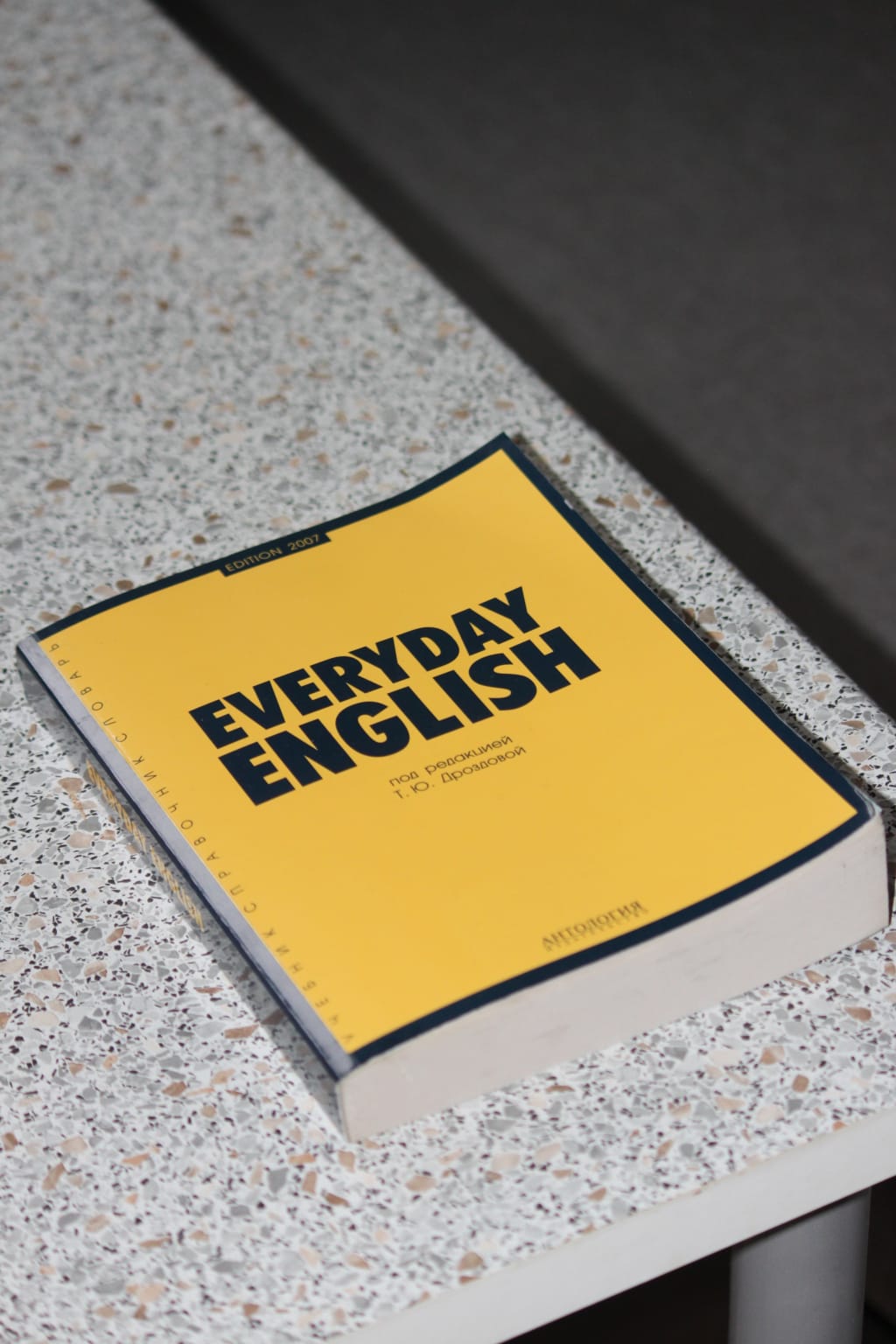
"In the middle of the 5th century (during the Northern and Southern Dynasties of China), a tribe called the Engle migrated from Schleswig (now northern Germany) to Britain by sea. Schleswig (now northern Germany) migrated across the sea to Britain.) Their "Englisc" (old spelling) replaced the local Celtic language. The region was then called "England" and the language was called "English" (modern spelling).
In 1066 (the middle of the Northern Song Dynasty), the French-speaking Normans invaded England, and French was the official language of England for the next two hundred years. Later, between 1350 and 1380, English began to be used as the language of schools and courts, and in 1399 (before the Ming Dynasty moved its capital to Beijing), Henry IV of England became King of England, after which the London dialect of English became the language of literature.
In the 5th and 6th centuries, English was written in the original Runa alphabet, and in the 7th century (during the early Tang Dynasty in China), Christianity was introduced to England from Ireland, and English became Latinized. The relationship between the Latin alphabet and English is similar to the relationship between Chinese characters and Japanese. The Latinization of English was very late and did not take shape until the Tang Dynasty in China.
English was not first spelled with spelling rules and then spelled, but gradually agreed upon in random spelling. The main reasons for the irregular spelling are: (1) few letters but many phonemes, resulting in multiple spellings of one sound; (2) phonetic changes while spelling remains the same, leaving traces of ancient languages; (3) emphasis on spelling reflecting Greek and Latin etymology, artificially causing inconsistency in language and language; (4) some words using French spelling; (5) constant borrowing of foreign words, spelling became very ponderous; (6) the 15th century (the middle of the Ming Dynasty), the English underwent major changes in phonology. The written words just written could not be changed systematically, and the confusing writing style was passed down to become the basis of today's spelling stereotypes.
In the early years of the Republic of China, British "pirate cigarettes" advertisements used to be plastered all over the streets of China. Britain was originally a pirate country, in 1588 (Ming Wanli years), Britain played the spirit of piracy, using the sea guerrilla tactics, with a group of small scattered warships defeated the Spanish "invincible fleet", since then become the first hegemon of the sea. In the following four hundred years, Britain built the largest colonial empire in human history, known as the "British Empire". Britain broke with historical tradition and strove to create a new historical situation by creating a democratic system in politics and an industrialized production method in economy. These two pioneers changed the history of mankind and made English the leading language in the world.
Although English has irregular spellings, there are certain spellings and pronunciations of the same word, with only a few exceptions. The grammar is simpler than that of other European languages. English has absorbed useful foreign words from all directions, making it the language with the richest vocabulary. It uses 26 modern Roman letters without symbols, making it easy to type and process on computers.
In both World Wars, the United States, which became a modern power independently from the British colonies, not only won militarily, but also ushered in a new era of information technology after the war. The United States was the main driving force behind the expansion of the circulation of the English language. Multimedia computers and the international Internet, which originated in the United States, continued to create new terms based on English. Informatization and Anglicization have become synonymous. English was pouring into the homes of every intellectual in the world through television and computers. The flood of English is flooding the globe.






Comments
There are no comments for this story
Be the first to respond and start the conversation.